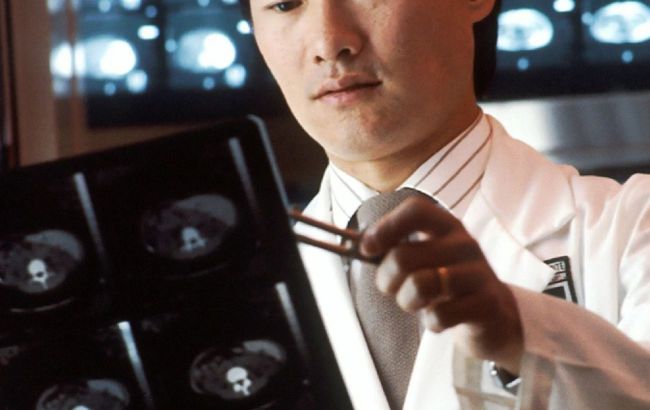How to stop aging? Scientists make fascinating discovery
 What factors can slow down aging (photo: Unsplash)
What factors can slow down aging (photo: Unsplash)
Is it possible that the secret to slowing down aging lies in our brains? Researchers at the Allen Brain Institute in Seattle, who conducted a groundbreaking study, have some interesting answers, reports Nature.
What the study found
Using advanced technology, scientists analyzed more than 1.2 million brain cells from young and old mice to understand how these cells change over time.
It turned out that with age, some cells become inflamed, while others lose their key functions. Particular attention was drawn to the hypothalamus, an area of the brain that may play a key role in the aging process.
These discoveries provide a deeper understanding of how our brains age and open up new perspectives for developing treatments to help keep them young for as long as possible.
The researchers found that the hypothalamus, especially the area around the third ventricle, is the center of brain aging.
Cells such as tanycytes and ependymal cells have shown dramatic changes with age. These shifts include decreased neuronal function and increased immune activity, which may explain why this area is so important for energy management and overall brain health.
Scientists believe that this area may hold the key to unlocking breakthroughs in the fight against aging.
As we age, certain immune cells in the brain, such as microglia, are at an increased rate. This increased activity, known as "inflammatory" activity, can damage healthy cells and may be linked to diseases such as Alzheimer's.
By identifying the genes behind this response, researchers are opening the door to treatments that could calm inflammation and protect the brain from damage.
Genes that help neurons maintain their structure and function were found to be significantly reduced, especially in memory-related areas such as the hippocampus.
This discovery sheds light on why cognitive abilities often decline with age and suggests new targets for protecting brain health.
The study also found that aging significantly affects the brain's ability to create new neurons, a process known as neurogenesis. Areas such as the dentate gyrus, which are normally centers of regeneration, showed a marked decrease in activity.
This loss of regenerative potential is another piece of the puzzle in understanding how aging affects the brain and how we can intervene.
What scientists propose
By identifying the specific genes and cell types that are most affected by aging, researchers may be able to influence the slowing or even reversal of cellular decline.
For example, reducing inflammation in overactive immune cells or enhancing the regenerative capacity of neurogenic areas such as the dentate gyrus could help maintain brain health.
These findings lay the groundwork for precision medicine approaches, where therapies are tailored to counteract specific age-related cellular changes.
Although the study was conducted in mice, it provides a possible basis for transferring these discoveries to humans, potentially dramatically changing our approach to aging and age-related diseases.
Earlier we wrote about how to stop aging, according to a trainer.
This material is for informational purposes only and should not be used for medical diagnosis or self-treatment. Our goal is to provide readers with accurate information about symptoms, causes, and methods of detecting diseases. RBС-Ukraine is not responsible for any diagnoses that readers may make based on materials from the resource. We do not recommend self-treatment and advise consulting a doctor in case of any health concerns.

